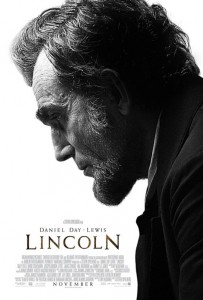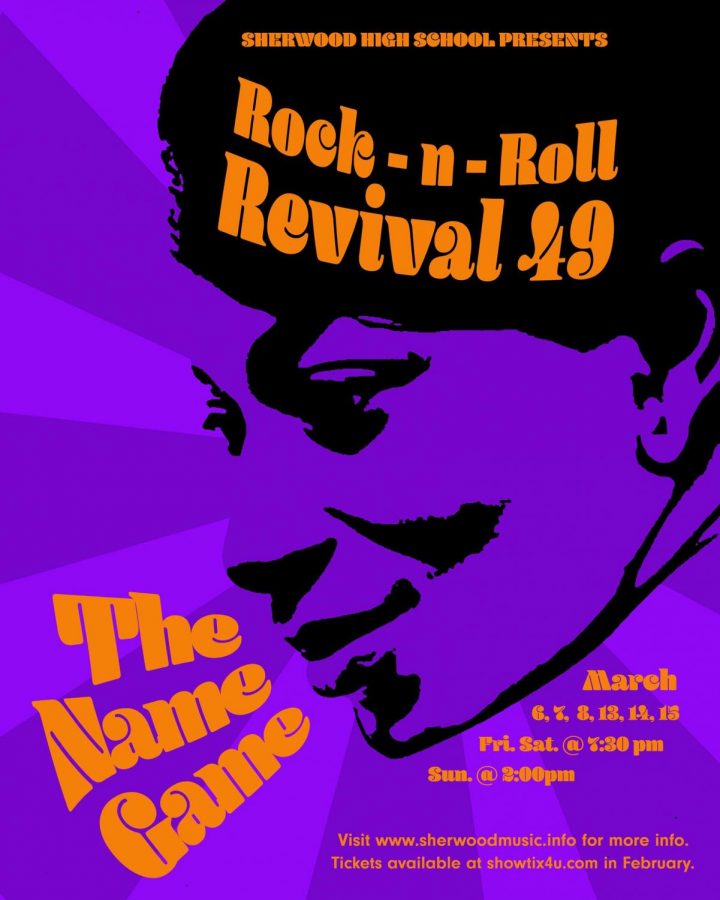[dropcap]S[/dropcap]teven Spielberg directs Daniel Day-Lewis in “Lincoln,” a revealing drama that focuses on the 16th President’s tumultuous final months in office. In a nation divided by war and the strong winds of change, Lincoln pursues a course of action designed to end the war, unite the country and abolish slavery. With the moral courage and fierce determination to succeed, his choices during this critical moment will change the fate of generations to come.

First off, Daniel Day-Lewis is absolutely phenomenal in the movie. Every time he appears on-screen and speaks, everyone else is suddenly rendered irrelevant, which is very rare to see in film. Day-Lewis portrays Lincoln very well, as an idealist as stubborn as he is ambitious, a man of the people proficient in anecdotal stories and a conflicted Commander-in-chief in warring times. His Lincoln towers in stature but exhibits a frail physique and gentle voice that speaks powerfully. To date, this is the most amazingly human portrayal of a person in power that I can remember seeing. Even worthy of an Oscar.
Steven Spielberg does a wonderful job at scaling back his more extravagant tendencies and really capturing the more intimate moments in this film. There are a lot of lingering close-ups or occasional pregnant pauses that really forces you, the viewer, to get wrapped up in whatever emotion that the scene conveying, be it dour or lighthearted. The movie works best in those isolated moments.
The supporting cast is stacked with young up-and-comers as well as Hollywood veterans. And while most of them are only in the movie for a scene or two, there are several who truly stand out when not getting eclipsed by Day-Lewis’ performance. The most notable of whom were Sally Field as Lincoln’s unstable yet fiery and supportive wife; David Strathairn as the conflicted and skeptical secretary of state; James Spader in a hilarious turn as one of four Democratic operatives that Lincoln hires to garner votes for the amendment; and last but certainly not least, Tommy Lee Jones as a hard-nosed Congressman who can turn a phrase as well as he can sling an insult. While ultimately this is definitely Day-Lewis’ film, the supporting cast gives the film some color and levity as well as provides Day-Lewis with energy to feed off of.
With a strong message that is all too familiar to anyone who went to school in this country, the movie does a great job at making Lincoln and the 13th Amendment feel as though we’re learning about them for the first time and never shoving them down our throats. I give credit to Day-Lewis and Spielberg once again for that, for I feel as though a director and an actor of lesser talent wouldn’t have been able to pull that off.
Movie score legend and frequent Spielberg collaborator, John Williams provides yet another sweeping score that actually adds to the impact of the film without being heavy-handed and patronizing like his “War Horse” score.
Though the film does an amazing job painting Lincoln as a layered individual, I feel as if the ball were dropped when it came time to portray him as a family man. Not enough time was spent examining the relationships in his household and because of that, Mary Todd Lincoln’s grief came off as unwarranted at times, and Joseph Gordon-Levitt was wasted in his role as Robert Todd Lincoln, whom we barely even get to know.
The dialogue in this film is true to the time period, which meant that some of the phrases and quips were completely lost on me. However, I’m not saying that this is a fault of the film — it was happenstance that this element of the film made it a bit difficult to understand at times.
Due to the intimate and somewhat meditative nature of the film, it — at times — became a bit plodding and felt overlong. Looking back at the film, there were just some scenes that felt unneeded in the grand scheme of things.
On top of that, it felt that Lincoln’s death was poorly handled. For a movie that’s so intimate and candid, the death and its aftermath are very impersonal and detached. It may be unrealistic to expect the movie to show every detail, but they it should have given us more than they did to really drive home the gravity of that event.
“Lincoln” is a very powerful film, however flawed it turned out to be. In my eyes, Spielberg’s best work lies in his fantasy/sci-fi films, but every now and then he’s able to bring his signature charm and awe to a historical property and breath new life into it as he’s done here. It’s not as well paced as it could’ve been, resulting in it becoming plodding in some places, but it still manages to be a film that’s as charming and witty as it is informative and insightful. The supporting cast does a great job at rounding out the film, and the score and script are strong, but at the end of the day it’s Daniel Day-Lewis who is truly responsible for this film’s brilliance.
Day-Lewis provides us with a truly majestic performance that the rest of the film can’t quite match up to, and I honestly believe that if a lesser actor were to have been at the head of this film, it would not have been as strong. Nevertheless, at the end of the day “Lincoln” is a fine film that I enjoyed greatly. I wouldn’t be the least bit surprised if it got Spielberg yet another Oscar nod (if “War Horse” got him one, then this surely will) and quite possibly give Day-Lewis his third Academy Award for Best Actor. I’m not sure if I’d recommend this to the masses, but if you’ve got two and a half hours to spare, and you’re looking for an enriching film experience, then — by all means — do go see “Lincoln.”








lisa • Nov 28, 2012 at 6:55 pm
Very well written, thank you. Just as good as the Washington Post, I’m impressed.
Eve • Nov 20, 2012 at 8:55 am
I haven’t yet seen the flim i was going to wait till in was on DVD but I think I will go check it out today! I just took US History 201 not to long along and I am taking Civil Rights right now I want to see how the 13th amendment is depicted.
Thanks for the review!